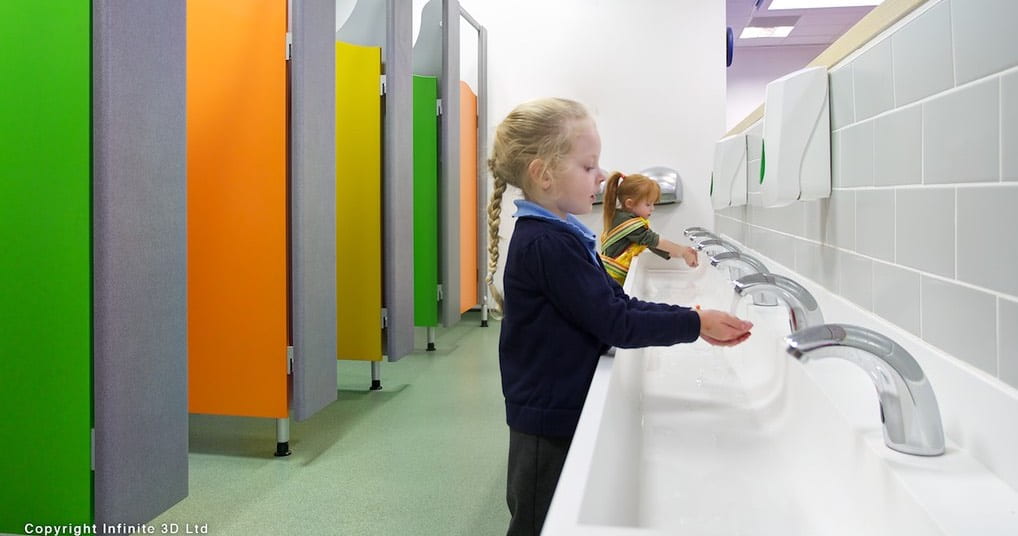Schools’ varied Covid stories make sitting the Phonics Test meaningless
By Blog Editor, IOE Digital, on 10 November 2021
 Alice Bradbury and Gemma Moss.
Alice Bradbury and Gemma Moss.
This autumn term, for the second year running, the Phonics Screening Check (PSC) will be taking place in Year 2 classrooms for all pupils, rather than the usual system of testing everyone at the end of Year 1. The Covid crisis led to the suspension of all statutory testing in the summer of 2021 and no other assessments have been moved, only the PSC. This means that Year 2 pupils who have missed out on months of classroom time last year will be taken out of their classrooms this term, to test their phonics decoding skills by asking them to read aloud 40 words and pseudo-words.
The PSC is intended to monitor the quality of phonics teaching in the school as well as to provide information on individuals for teachers. This year’s use of the test, however, will be meaningless unless local circumstances are taken into account, because the pandemic has affected schools in such a variety of ways. Our IOE research found that schools reacted in complex and thoughtful ways to the impacts of Covid on their communities, taking into account circumstances that made home learning difficult for pupils; each school has its own ‘Covid story’.
Varied local circumstances meant children had a wide range of needs, including insufficient food or heating for (more…)
 Close
Close


